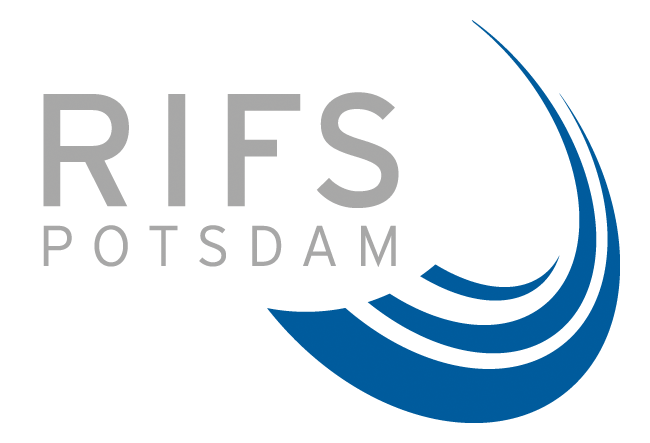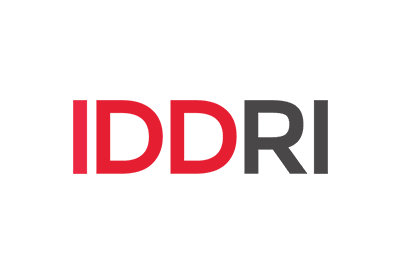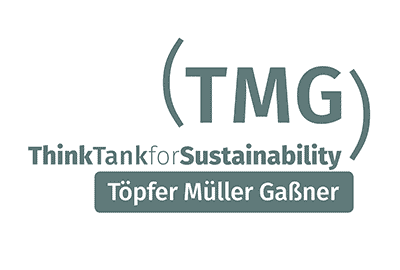Following the online expert workshop entitled “Monitoring, Control and Surveillance of Human Activities in Areas Beyond National Jurisdiction (ABNJ) in Western Africa” of 5 and 6 May 2021, STRONG High Seas project partner IDDRI published a new report on options to strengthen monitoring, control and surveillance (MCS) of human activities in the Southeast Atlantic region (between Mauritania and South Africa).
The report intends to support decision-makers, including government officials, the private sector and other stakeholders in the management of human activities in ABNJ in the Southeast Atlantic and to fuel the current UN discussions on a new international legally binding instrument on high seas biodiversity.
African States along the Southeast Atlantic coast have made important efforts towards MCS of human activities in their exclusive economic zones (EEZ), but there are still important gaps in ABNJ. This new report attempts to give a comprehensive overview of current MCS efforts in the region undertaken by different stakeholders at national, regional, and international levels.
The report also explores the role ports could play in the management of ABNJ through MCS. Ports together with their States can play a key role in the compliance and enforcement of international rules.
It concludes that the collection and sharing of data, cooperation and coordination, harmonisation of legislation and sanctions, capacity-building and strong engagement in global and regional governance are crucial to robust and effective MCS systems in the Southeast Atlantic.
The report was presented during a public webinar organised by IDDRI on 23 November 2021 entitled “Towards a Better Management of Western African Marine Resources: the Role of Monitoring, Control and Surveillance”.




